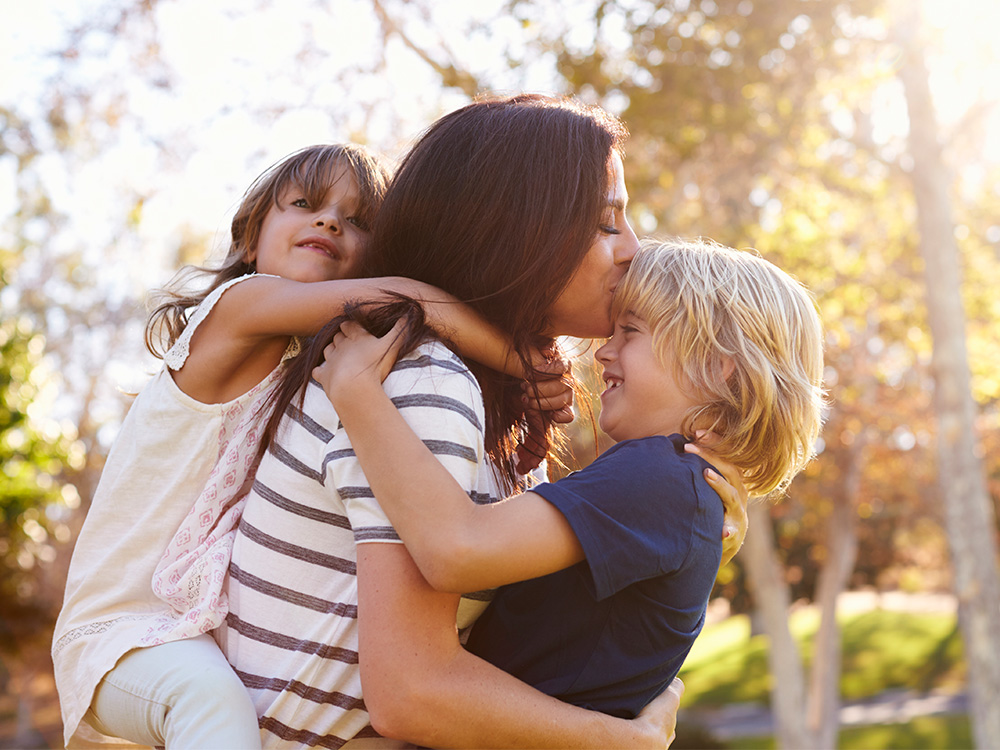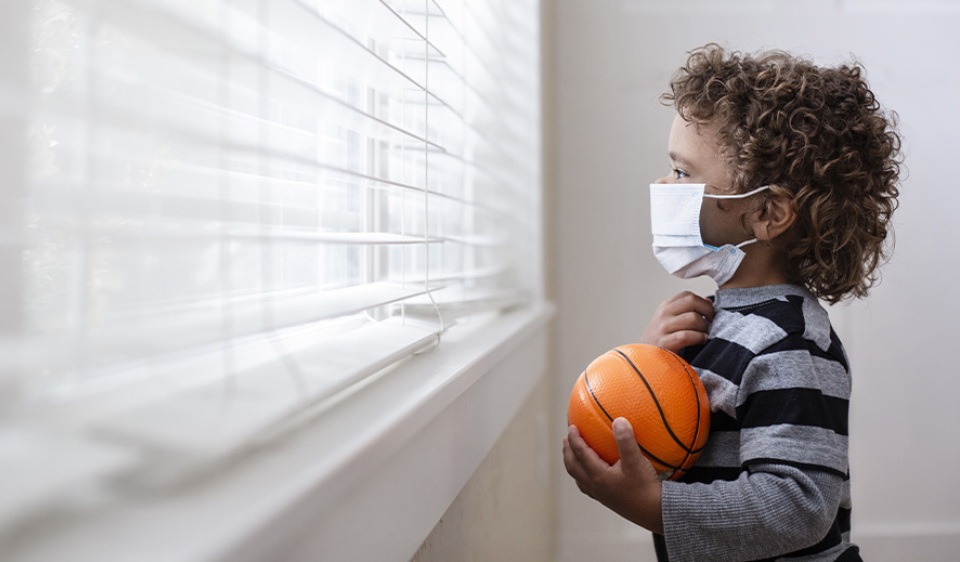The coronavirus has bought all of us to our feet. With no signs of stopping or slowing down anytime soon, it has affected our lives to an extent where the entire behavioral pattern of our lives has changed. The economy is heading towards recession, people are losing jobs, and students are being educated “online.” Who could have predicted that this new decade would hit us like a truck?
As the pandemic continues, parents are finding it rather difficult to cope with the pressure. And our pressures are most easily felt and passed on to those that live with us –which perhaps means your children. Talking about tough situations to their children is something that doesn’t usually strike parents, as they are busy dealing with problems. Meanwhile, children are facing stresses and pressures of their own. They are not used to being indoors – for them, playtime is playing with friends, cycling and just being goofy. But, now they are forced to be in the house all the time. It is extremely tough on them as well to be confined within a closed space for long periods of time.
During such testing times, it is important for parents to be around their children. Talk to them about their day, spend time with them and have a conversation. Here are a few tips which you could incorporate the next you speak to your child in order to make your child feel safe and secured.
Create an Environment of Security
Extreme news and situations disturb young impressionable minds because it gets registered in their subconscious. Be honest with them, answer their questions but minimize alarmist news, which might not even be factually correct. If there is disturbing or sad news about a near and dear one, discuss it with your partner and/or a family member first. And then decide how and how much you want to share with your children.

Their questions matter
We all want to voice our opinion rather than listening. Pay attention and welcome the questions your children ask. Children at such tender ages are malleable. With so much going on around them, it gets overwhelming for them to listen to what friends and relatives have to say. Their questions could be something as innocent as “Will my ice-
cream parlour still be there?” Listen to what they have to say with utmost attention and acknowledge their feelings. Give them factual information so that they feel reassured and mentally sound. Try scheduling a time everyday, just to sit down with your kids and chat with them without an agenda or topic in mind. You will be surprised how much they will teach you by asking!
Educate about sanitization and safety
Show don’t tell. Make them sanitize their hands whenever they come home, make them wear masks when they go out, make them practice the concept of social distancing. But first make sure you do it yourself. Children learn what they see. Show them the right and responsible behaviour for a pandemic. Rather than being a preacher, be a practitioner. Actions after all will speak louder than words.
It is okay to not know everything
Be comfortable in saying “I don’t know”. As parents, you might want to know everything your child asks but, instead of giving them false information, be direct and open. Just say you don’t know. Or that things are not clear at the moment. During such times, it is important for your child to develop a sense of confidence and resilience rather than anxiety and alarm.
We all are facing a certain amount of fear and uncertainty because of the virus. While these are tough times all across, your children still need you to be the strongest pillar of certainty, love and comfort during such times. Just do the right thing, communicate and be there for them in whatever

